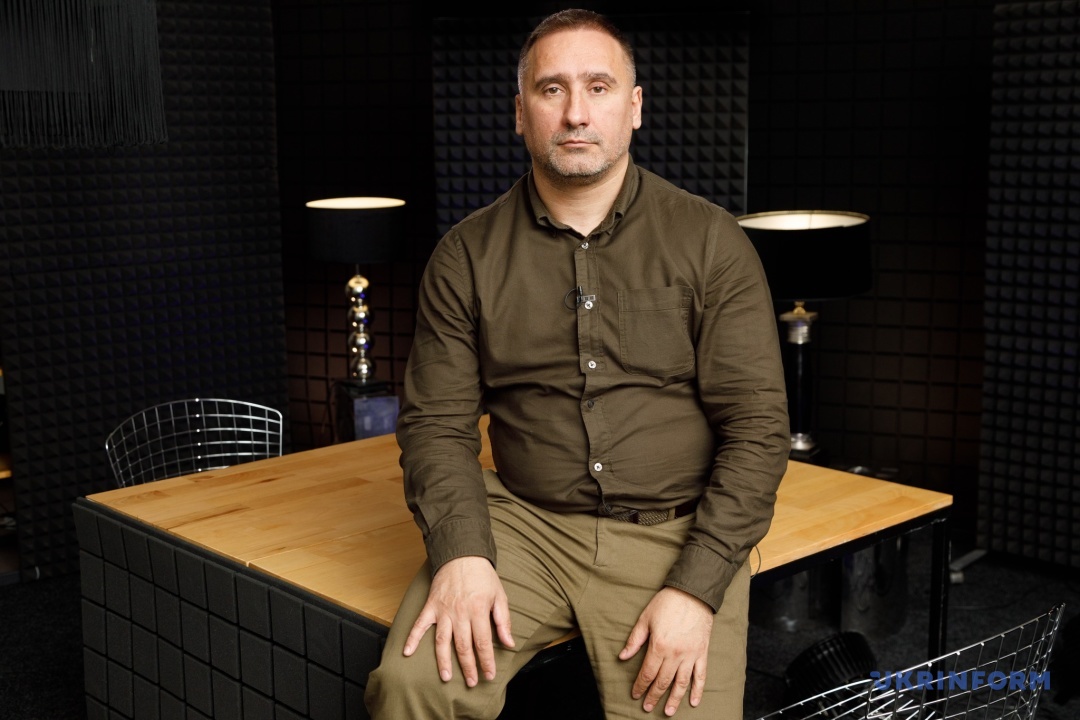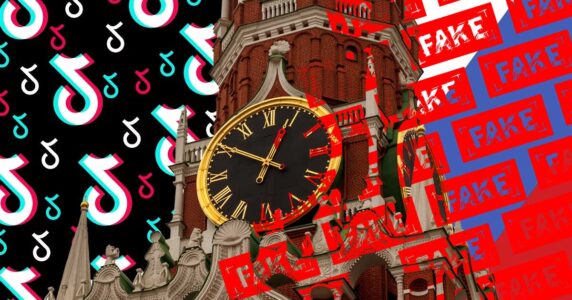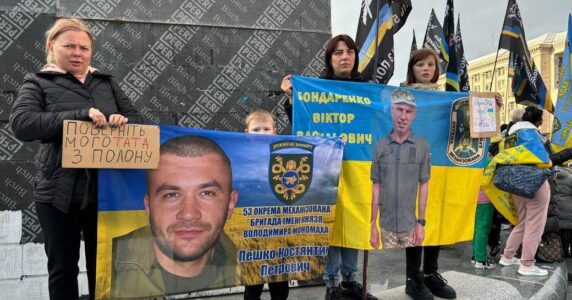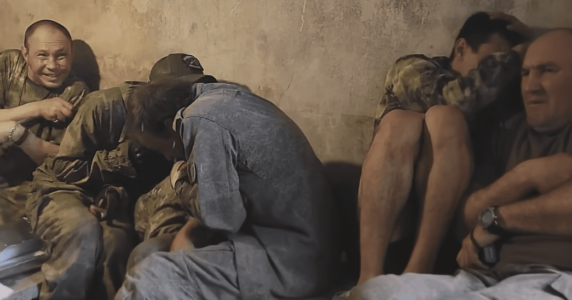Navigation and useful materials
“Bot farms are actually peers of social networks. Bots are profiles, controlled by appropriate software, to perform fairly simple functions: mass subscribing, placing likes, mass complaints, or commenting. Bot farm is an organized and centralized group of such profiles. In addition to bot farms, there are also troll factories. These are live people who work from fake accounts (as a rule, they have several accounts in use). Their task is to participate in and manage discussions with the aim of radicalizing participants and provoking conflicts.
Trolling was born as entertainment, and the Russians put it on commercial rails (trolls began to be hired and paid for comments), began to be used to discredit the Russian opposition and against foreign countries, in particular against Ukraine (IPSO, interference in elections, etc.),” comments to Ukrinform Ihor Solovei, Head of the Centre for Strategic Communications and Information Security.
The most famous troll factory worked for Prigozhin’s Internet Research Agency, but it is not the only such structure in the Russian Federation. Artificial intelligence simplifies and automates the generation of a large amount of content (comments), which have better quality and are more diverse.

“How it is now integrated we can only assume, considering the possibilities created by AI. And wait until someone, from inside these structures, decides to tell us (as was the case with interviews with former troll factories employees and journalistic investigations). The names of bots and trolls are generated automatically: that is why, among them, we can distinguish groups of the same type: “online shops” and “seraphim ivanovs”, says the expert.
The Russian presence and activity on social networks are constant. But for certain “projects”, says Mr. Solovei, they start working more intensively. In particular, from March 2024, a large wave of the same types of comments on the topic “Kharkiv is surrendering” began, and by May, the wave of “illegitimate Zelenskyy” also gradually grew. Periodic waves of “Ukraine cannot win / We need to come to an agreement with Russia / Peace at any price”. The intensification of anti-mobilization comments and publications was tied to the introduction of changes to Ukrainian legislation on mobilization.
“The bots and trolls activity is coordinated with the current Russian IPSO and is part of them. Russian officials, political commentators and pseudo-experts, foreign agents of influence, spam mailings, spreading of rumours, as well as information about military actions (activation in various directions, shelling intensity, etc.) are also working to create the information background, necessary for the Kremlin. And all these works in complex.”
So, the scale of this is really huge.
“However, it is impossible to count the exact number of active trolls and bots profiles. The Ukrainian Security Service periodically reports on the exposure of bot farms to hundreds or thousands of accounts. Facebook regularly blocks bot pages and accounts. An ordinary user can complain about such pages and profiles for violating the rules of the network. But detection of coordinated networks is occurred by social networks, as well as governmental and non-governmental structures, specialized in information and cybersecurity.”
“Russians are working out 12 key topics against Ukrainians on Facebook at once.” The Centre presented research on informational attacks
The Centre for Strategic Communications and Information Security (CSCIS) together with the Centre for Democracy and Rule of Law (CEDEM) conducted research on Russian advertising on Facebook. Around 600 disinformation web pages were identified and analyzed.
“They are all blocked. Analysis of the activity made it possible to identify the key directions of the Russians’ efforts (advertising is a part of current IPSOs, along with comments by bot trolls and other components). CEDEM regularly sends to Meta reports about fraudulent pages, disinformation pages, etc. And Meta blocks them. In addition, Facebook’s AI learns to delete such pages automatically: their life span has shortened significantly (from a few days to a few hours, or even less),” assures Ihor Solovei.
If you have found a spelling error, please, notify us by selecting that text and pressing Ctrl+Enter.


